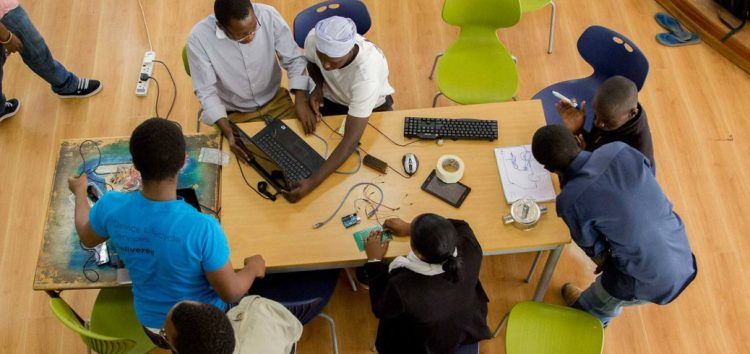How Africa Can Attract Tech Investment Outside Of The “Big Four”
Africa’s “big four” countries - Kenya, Egypt, South Africa, and Nigeria - continue to lead as markets that have long […]
How Africa Can Attract Tech Investment Outside Of The “Big Four” Read More »




